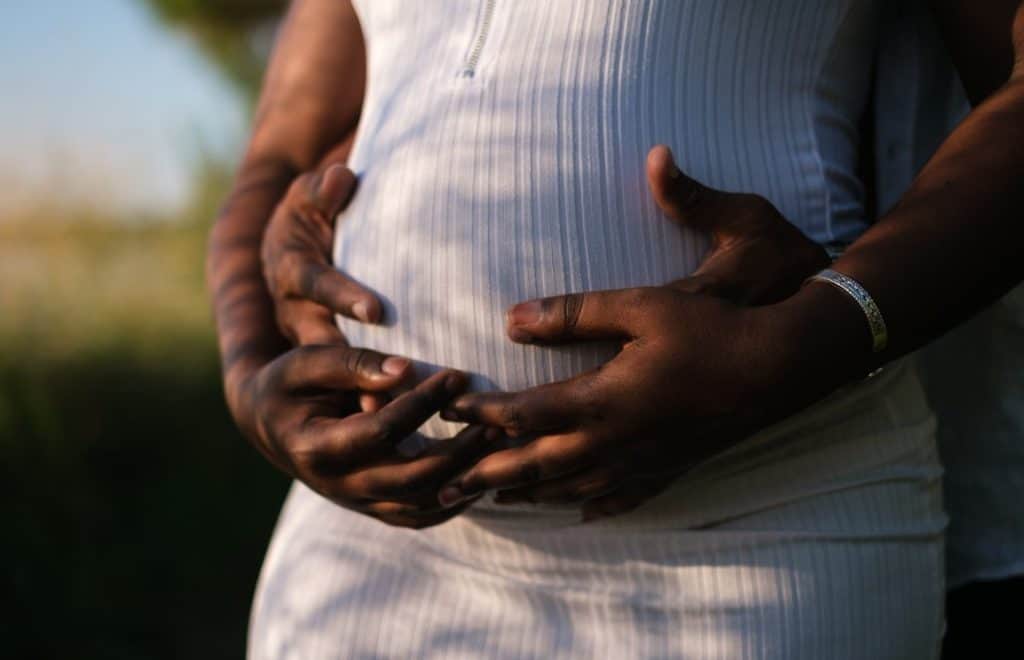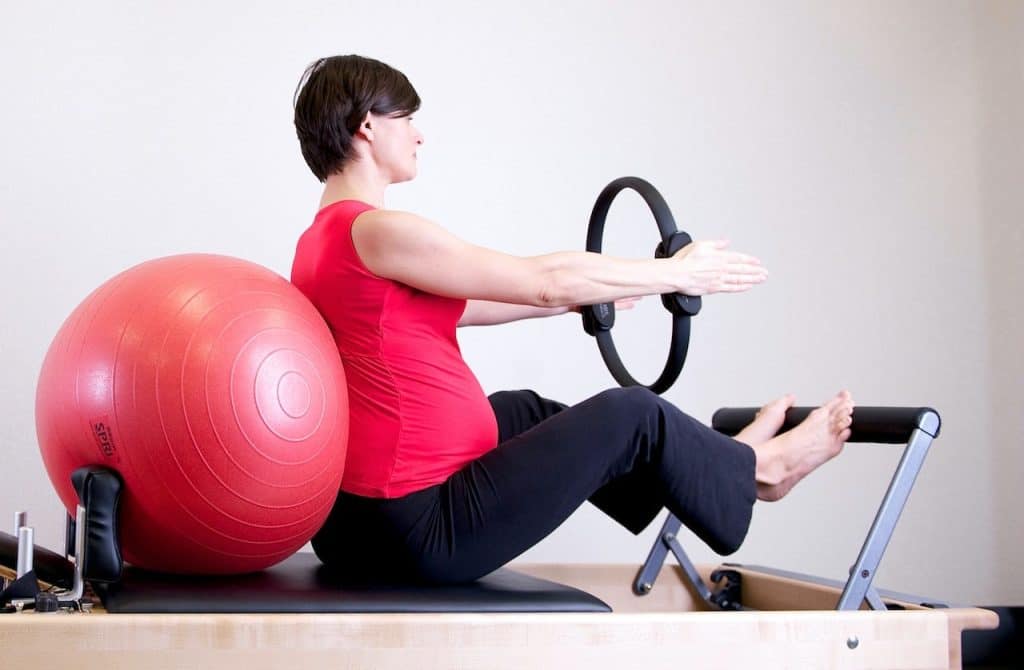As soon as you find out you’re pregnant, you may start to wonder about the changes your body will go through over the next nine months. One of these changes is hip widening, a natural process that occurs as the body prepares for childbirth. But when does hip widening start during pregnancy?
Hip widening during pregnancy typically starts during the first trimester, although it can vary from woman to woman. The changes in hip width are a natural process that occurs as the body tries to accommodate the growing fetus.
In this article, we’ll explore the science behind hip widening during pregnancy and what to expect as your pregnancy progresses.
Causes of Hip Widening During Pregnancy

During pregnancy, a woman’s body undergoes a myriad of changes, and one of the most significant transformations is hip widening. This natural process is a result of the hormone relaxin, which is produced during pregnancy and aids in loosening the ligaments and joints in the pelvis.
The expansion of the pelvis allows for ample space to accommodate the developing baby, and it also eases the passage of the baby through the birth canal during delivery.
When Does Hip Widening Start?
The first trimester of pregnancy marks the beginning of a remarkable journey, as the female body gears up to create life. This is also the time when hip widening typically starts, although every woman’s experience is unique.
The initial changes in hip width may be subtle and barely noticeable. As the pregnancy progresses, the hip bones continue to widen to accommodate the growing fetus, and the changes become more pronounced.
How Does Hip Widening Progress During Pregnancy?
The female body is an incredible creation, capable of remarkable changes during pregnancy. Hip widening is one such change, a gradual process that unfolds over several months.
The changes in hip width are more pronounced during the second and third trimesters of pregnancy. During this time, the ligaments and joints in the pelvis continue to loosen, allowing the hip bones to move apart.
Can Hip Widening Cause Pain or Discomfort?
As the pelvis expands to accommodate the growing baby, the muscles and ligaments in the hip area are put under strain, leading to discomfort and even pain. This can be particularly challenging during the later stages of pregnancy when the baby is at its heaviest, putting even more pressure on the hips.
Is Hip Widening Permanent After Pregnancy?
While the changes are temporary and typically resolve after delivery, some women may notice that their hips remain slightly wider than before pregnancy. This is due to the stretching and loosening of the ligaments and joints in the pelvis during pregnancy, which create space for the baby but also leave a lasting impact on the mother’s body.
Managing Hip Pain During Pregnancy
Managing hip pain during pregnancy can be challenging, but there are several practical steps you can take to ease the discomfort. Here are some tips:
- Maintain a good posture
- Use a pregnancy pillow for added support while sleeping
- Wear comfortable shoes with good support
- Do prenatal yoga or other exercises that help to stretch and strengthen the hips
- Use heat or cold therapy to relieve pain and inflammation
Tips for Hip Recovery After Pregnancy

To help your hips recover after pregnancy, you can try the following:
- Pelvic floor exercises to strengthen the muscles in the pelvic area
- Incorporate gentle stretching exercises in your routine to maintain flexibility
- Use a postpartum support belt or brace for additional support
- Take it slow when returning to exercise after childbirth
Final Thoughts
Understanding the different stages of hip widening during pregnancy is essential for expectant mothers to prepare for the changes their bodies will undergo. While it can cause discomfort and pain, there are ways to manage it and support the body through this incredible transformation.
By practicing self-care and staying mindful of the changes taking place, women can embrace the beauty and power of their bodies as they prepare to bring new life into the world.